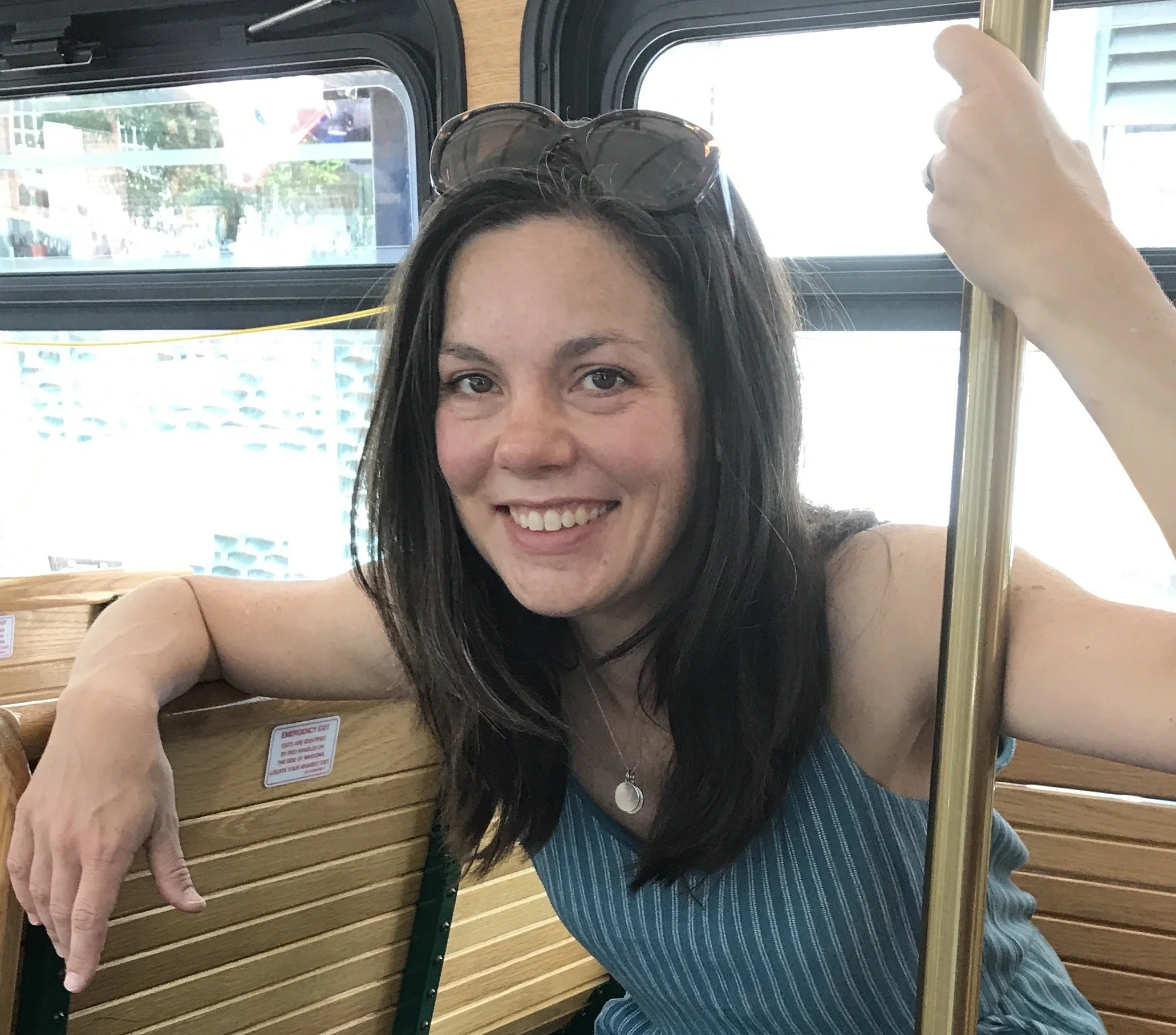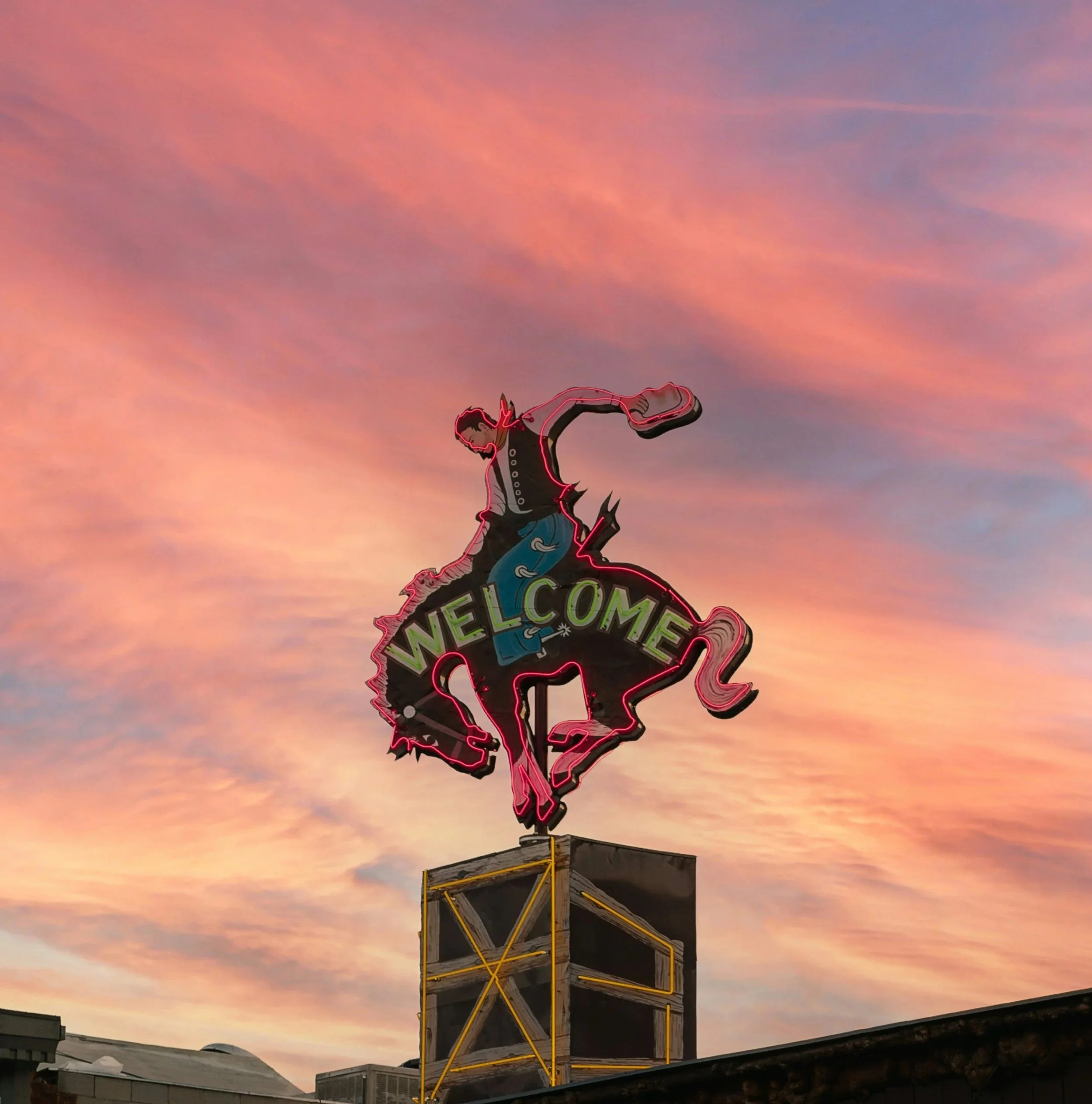To Little Red Bathing Cap

A man watched you through his binoculars from the mountains surrounding False Bay.
Witnesses on the beach called out to warn you, but you did not hear them in time. You were swimming the backstroke, your ears probably underwater, listening to something still and rushing at the same time.
From overhead, a reporter saw a shadow circling you beneath the water, and it was immense.
The great white figure attacked you once, twice, three times before dragging you away from shore.
More than one person said there was a heck of a lot of blood.
I met you in the papers after you were gone, technically lost at sea, though “lost” seemed an inaccurate description. If they could find the shark, then sadly they might find something of you. Remember how, in the Brothers Grimm tale, the hunter cut open the big bad wolf and found Little Red Cap and her grandmother tucked inside its belly, frightened but no worse for wear? There was discussion about whether a team of fishermen should clang their spears together and go after your killer, but your family called off the hunt. They insisted you would have wanted it that way.
Someone retrieved your little red bathing cap, floating in all that other red.
Your family said that you swam nearly every morning in almost any weather. You had swum past marine life before, even humpback whales. You knew there were sharks in those waters. You understood the risks and had made peace with whatever the ocean had in store for you.
“I didn’t have a name for my depression then, but it had taken on the shadowy form of a persistent worry that sprang out at me, seemingly from every corner.”
According to your obituary, you were seventy-seven when you died. I turned twenty-seven a few months before your death. Two years before, I looked out each morning from my window in Queens at a sliver of New York Harbor outlining the tip of Manhattan in gray. I crossed under the city’s canopy of high rises to an office where, instead of writing poems, I drafted fundraising letters. In the evenings, I trudged back to my apartment where I drank and avoided the writing desk I’d set up in my walk-in closet, flanked by the blazers my mother bought me. I didn’t have a name for my depression then, but it had taken on the shadowy form of a persistent worry that sprang out at me, seemingly from every corner: that I might lose my way and succumb to danger—the kind ill-defined by parents for their children, but that often ended in ruin—or, worse, that I might walk the same trail back and forth forever and never figure out how to be happy.
Like New York, its coastlines obscured by a forest of metal, I felt cut off from my waterways, disconnected from whatever inside me had been flowing and vast. I gave my family and friends a long list of reasons for moving to South Africa, all of which amounted more to bravado than to bravery. In reality, I wanted to fly as far as I could from home to try to outrun myself and that skulking fear. Those first few months in Cape Town, where the roiling blues of the Indian and Atlantic oceans surround it on both sides, it seemed possible.
I wound my way to the top of Lion’s Head mountain to gaze at a panorama of sky and sea. I rode a shuttle through the tree-lined hills of Rondebosch to take writing courses at the university. I bounded downtown to hostess at a dinner theater. Once, as I strolled along the shoreline in your neighborhood, I saw a southern right whale jutting through the cobalt water, its curved back seemingly so close I might have run my hand along its spine.
I thought the newness of the place would render me new. But my unhappiness stalked me, lay hidden behind the acacias, ready to pounce.
Before long, I walked with new monotony: up the mountain, off to school, over and over again to work, shooting absinthe after the restaurant closed. There were the glued-up boys demanding money with knives who stumbled out from alleys on Sunday mornings when the shops were closed. But it was my churning thoughts—I will never amount to anything; I will never find my way—that encircled me, pulled me down, stole off with the good feeling I’d had before.
By winter, the gray water and gray sky that surrounded the cape found a way to enter me. On my birthday, I woke early and took two minibus taxis to get to Camps Bay beach. The winds whipped sand around my legs, raising gooseflesh that wouldn’t go away. I thought of Ingrid Jonker, the South African poet, who had written: “I am with those /... /...who get drunk / against the abyss of the brain / against the illusion that life / once was beautiful or good or significant,” who had forced the black night water of the Indian Ocean to take her body away—not far from where you died—by pushing herself into the waves until they submitted, until they bowed to her and carried her away. I thought she was brave then.
I had set out to the ocean to restore myself, to feel a part of the whole again. It isn’t accurate to say I wanted to die, but at the waterfront, allowing the ocean to swallow me whole, allowing myself to be taken into the mouth of the beast—if only for a moment—seemed like a good idea. I walked knee-deep into the icy spray but didn’t go any further. I couldn’t take the cold around my ribs or the inevitability that in the instant before the tide pulled me out into the sea, I would change my mind.
When you died that spring, now over fifteen years ago, I couldn’t stop thinking about you. Maybe because there was such a nice round number between us. Count by tens on five fingers, and whoosh, I could be you in fifty years—my life mostly lived up—backstroking each morning beyond the wave line, gazing up at the morning clouds and sensing the shapes of sea dwellers beneath my legs, each a possible wonder, each a possible threat. Maybe, too, because I doubted I could ever figure out how to be like you, or at least who I believed you to be: someone utterly unafraid.
The way your family explained it, even if you had a stunned, momentary awareness of pain or of a blunt impact that drove you under the water, even if you understood exactly what would become of you, you wouldn’t have changed the choices that led you into the water. Unlike Jonker, unlike me, your outlook was shaped by a cheery fatalism. You never tried to force your will onto the sea. You might as well have been swimming in God’s palm out there.
I pictured you as you must have been in the months before, cutting through the freezing waters just off of Fish Hoek’s stone jetty, perhaps on my birthday at the same time that I sat shivering in my bathing suit, wrapped in a damp towel while the locals, dressed sensibly in sweatshirts, walked their dogs. You had ninety swims left, give or take.
A few months later, I moved back to New York. I’d reached a dead end at the shoreline, and I wanted to go home.
“Even now, in my middle years, on the days when I struggle to walk through my life, I look to you to remind me that in the stories of our lives, we are all forging paths into the depths—of the water, of the wood—and the beasts will ever lie in wait.”
As the years passed, I kept reading about you and learned that you had been swimming in the ocean for seventeen years. That meant you’d made your first valiant dive off of the jetty when you were already sixty years old. I could imagine, then, that at twenty-seven, or forty-three, or fifty-four, you weren’t yet ready to be so brave; you had started along many roads over all those years, uncertain you’d chosen the right one. I could imagine that you must have been afraid. That perhaps it had taken you much of your lifetime standing at the water’s edge and retreating before finally plunging headfirst into every day, come what may.
Even now, in my middle years, on the days when I struggle to walk through my life, I look to you to remind me that in the stories of our lives, we are all forging paths into the depths—of the water, of the wood—and the beasts will ever lie in wait. When I lack courage, sometimes I picture you, your fear curled inside your pounding heart, tucked inside your body and enveloped by the water, Little Red Bathing Cap resurrected from the bowels of the beast and braving on. I feel my own heart, a bright red, beating inside my body and buoyed by what you left behind.
About the Author
Monica Judge’s writing has appeared or is forthcoming in AGNI, Southern Humanities Review, Albatross, Bethesda Magazine (online), and elsewhere. She was a finalist for the 2020 Stories Out of School contest held in partnership between The Academy for Teachers and A Public Space. Monica earned a master's of creative writing in poetry from the University of Cape Town in South Africa. She is a high school English teacher and a mother of two living in Maryland.
Read Monica’s “Behind the Essay” interview in our newsletter.
Edited by Claudia Crook.
Header photo by Tim Marshall.











